Love, Respect and “Autism Parents” : My Story is Mine to Tell – Part 2 by Amy Sequenzia.
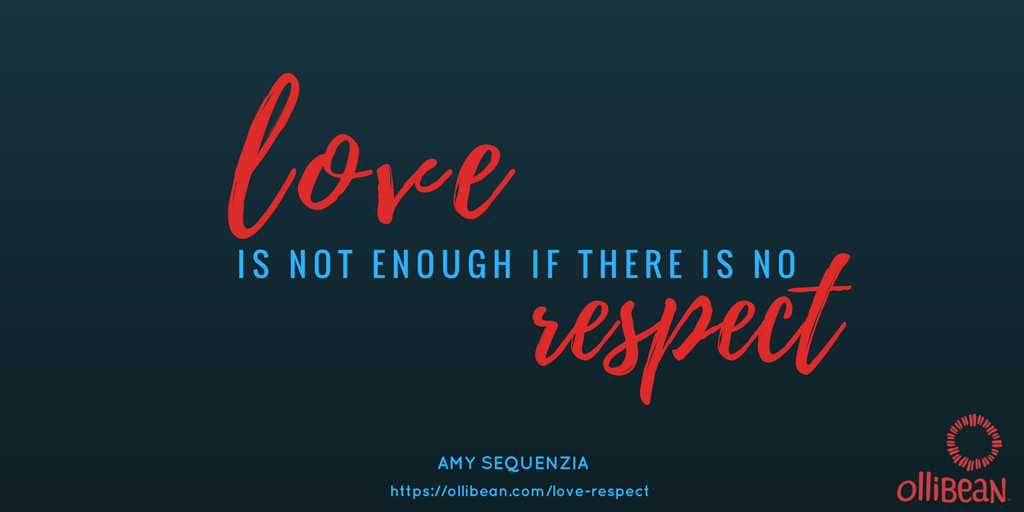
This is the second post on how Autistic voices are dismissed and erased when the world talks about autism, and about what being Autistic means.
The first post was about how the “experts”, the media, and so-called advocacy organizations tell our stories.
This post is about how parents tell our stories.
It is a little more complex, because while it is true that parents usually know their children better than other people, and while we all hope that every parent loves their children more than anything, we also know that those hopes get often shattered, especially when disabilities are involved.
First: love is not enough if there is no respect.
Second: I don’t think people expect to have disabled children, and a diagnosis can be shocking. But a parent is supposed to parent and if they are going to grieve and mourn the fact that a child is disabled, they are already unfit for parenthood.
Third: some parents do an outstanding job being respectful.
. They don’t look for public validation of their – oftentimes very hard – work of finding the best supports for their children.
. They look for supports for themselves without violating their children’s privacy.
. They respect and support their children, and their children’s community, unconditionally.
. They only tell their children’s story if and when the child consents to this.
“Autism Parents”
This post is about the parents who still refuse to acknowledge their Autistic children as individuals with their own rights, wants, needs, wishes, life.
So, how do the parents mentioned above tell our stories?
They tell our stories by making it about them.
They call themselves “autism parents”, as if this is a real thing.
I know parents who have learnt that their Autistic children are individuals, human beings with their own stories to tell. They respect their children, and they respect the Autistic community.
I know (hope) that most parents love their children.
I know that many don’t. Some try to, or do, kill their Autistic children.
Some parents talk about accepting their Autistic children but contradict themselves when force the children to act – and react to input from the rest of the world – in a way that society will feel comfortable with.
This is not Autism Acceptance.
This is Conditional Acceptance – making everything easier for the parents, for the family, but not for the Autistic person.
Acceptance is love plus action. It is being unconditionally on the side of the Autistic person, defying the imposed timelines and the neuromajority’s arbitrary rules.
Yes, there are things we all should learn, and some of those things might make our lives easier.
It doesn’t mean that we must be ashamed if we don’t learn them, or if we don’t meet expectations.
Acceptance includes accessibility.
It means all of us, the way we are, anywhere we are.
That is not how we tell our stories.
Guidelines When Talking About Their Children
Parents should know some very important “guidelines” when talking about their children.
. Don’t talk about them based on what you hear from non-Autistics.
. Talk to Autistic adults. Your child is part of the Autistic community and we welcome them.
. You have your own story and that’s the story you should tell. If it involves your child, be careful about what you share and ask for consent. If the child cannot consent, assume that they don’t.
. Your job is to protect, respect and value your child, and to help them find their own voices, so they can tell their own stories.
Each one of us has a unique voice.
Each one of us has a unique voice. We also feel and experience life, and the world, in our own unique way. How we perceive things is not the same way our parents do.
Respecting our experience and our feelings must be part of the love parents, or people that have a parental role, say they have for us.
Love without respect is not enough.
Our stories are uniquely ours and are not dictated by blood relations or by a designation on a piece of paper.

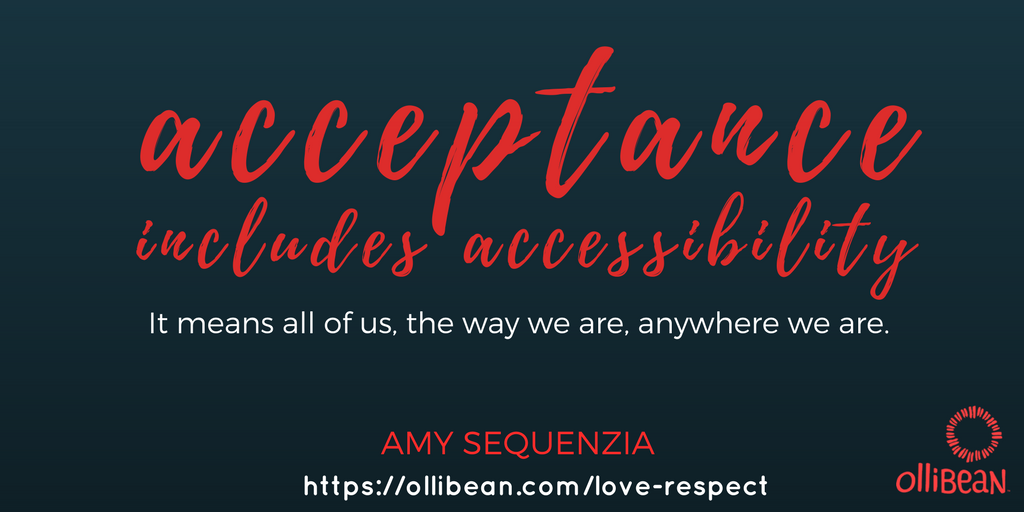
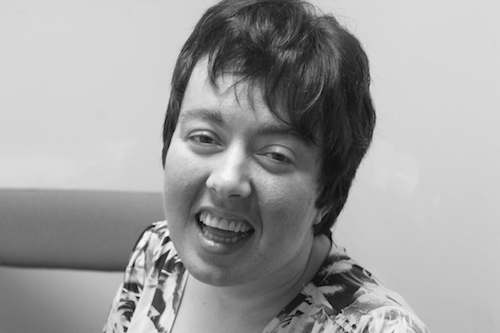
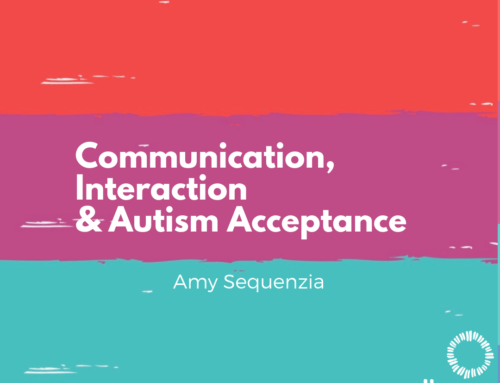
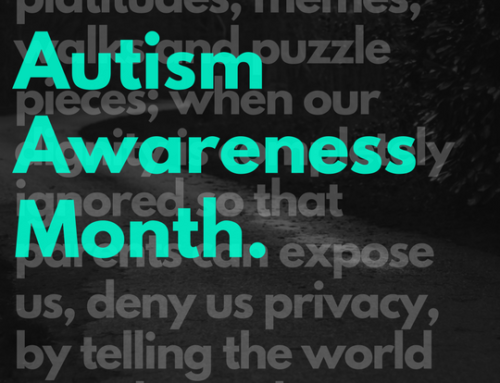
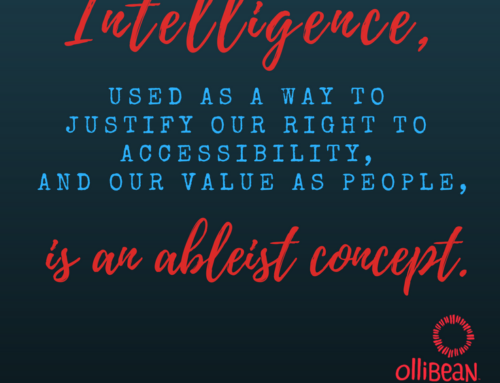
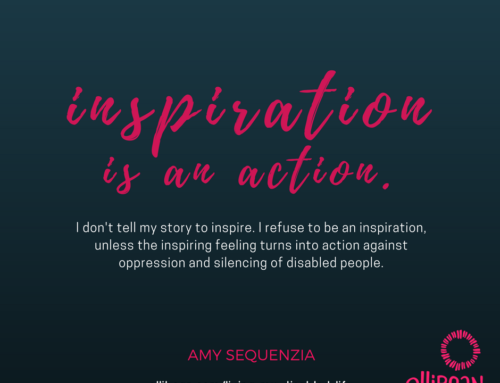
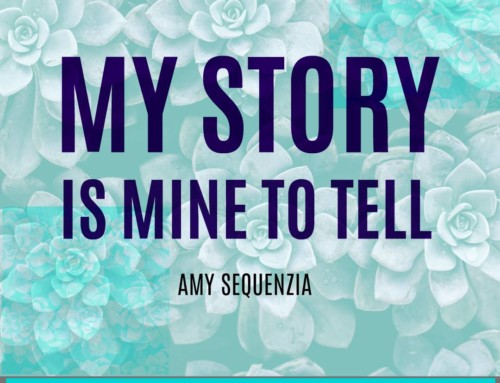
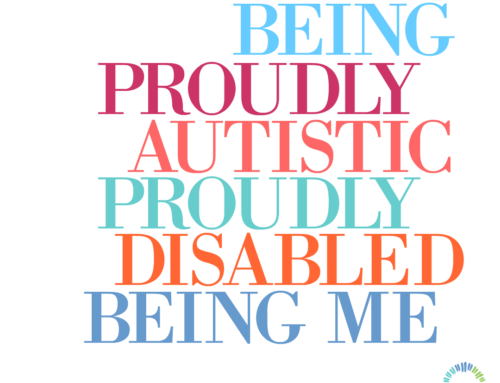
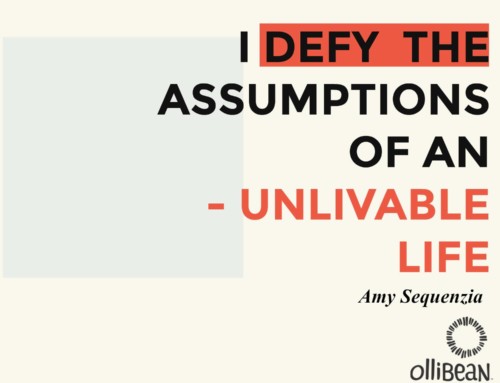
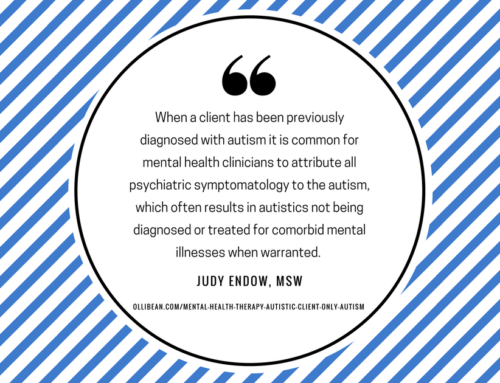
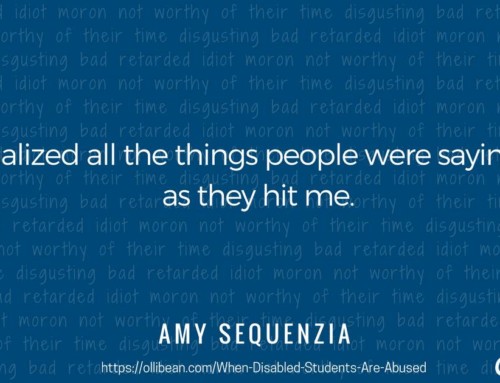

Amy, I just read this article, ( http://network.autism.org.uk/knowledge/insight-opinion/autism-and-catastrophising ) and I would really like to here what you think would be good supporting solutions. The author seems to only offer a NT perspective. My kiddo does some “catastrophising” I really want to help him. Maybe Judy has some ideas, as well!!??